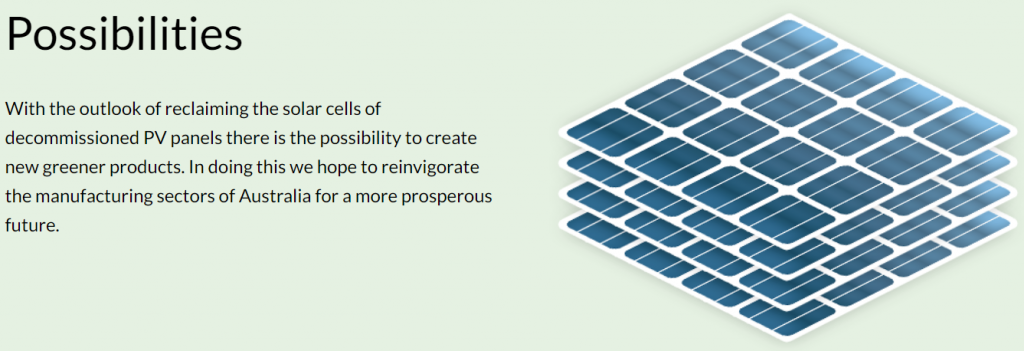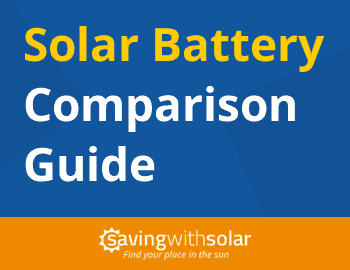There’s been a big announcement from Deakin University who have figured out a process to remove the silicon from used solar panels – repurposing it for lithium-ion batteries. Let’s learn more about this solar recycling update which was also discussed over at Renew Economy.
Solar Recycling Update | Breakthrough at Deakin

There’s been a new advancement in solar recycling research. The relatively short lifespan of solar panels and the huge issue of e-waste has been something researchers have been wrestling with for years.
Deakin University’s Institute for Frontier Materials has been where Material scientists Dr Md Mokhlesur Rahman and Prof Ying (Ian) Chen have conducted this groundbreaking research. Probably makes more sense coming from them, so here you go:
“Our discovery addresses several significant challenges currently facing industries dependent on batteries and energy storage heading into the future, Dr Rahman said.
“First, being such an exceptionally high value commodity with widespread applications we do not want any of this precious product wasted. Battery grade nano-silicon is highly expensive and retails for more than $44,000 per kilogram.
“Second, with the automotive industry set to be battery driven in the future, the push to find ways to increase battery capacity is growing.
“Part of the silicon repurposing process is to nano-size the battery grade silicon, leaving a nano-silicon which can store about 10 times more energy in the same space.” Dr Rahman continued.
His colleague Dr Chen elaborated on the importance of being able to extract the silicon cells and reuse them:
“Silicon cells are the most important component of a solar panel, transferring the sun’s energy into electrons,” Professor Chen said.
“They’re also a high-value material being a chemical element and far too precious to end up as waste, which is why this finding is significant.
So whilst it’s not solar recycling per se, it’s certainly a gigantic step in the right direction. What will this mean for solar panel recycling companies such as Reclaim PV? Hopefully it’ll give them a big push as well. The lifespan of solar panels has always been the white elephant on the roof so the more we can extract and repurpose from old panels the better.
According to an article on Renew Economy, the project is supported by Institute for Frontier Material’s Circular Economy Strategy Lead, Catherine McMahon, in collaboration with Deakin Research Innovations’ Senior Commercial Manager Andrew Rau and industry partner Delaminating Resources Melbourne.



